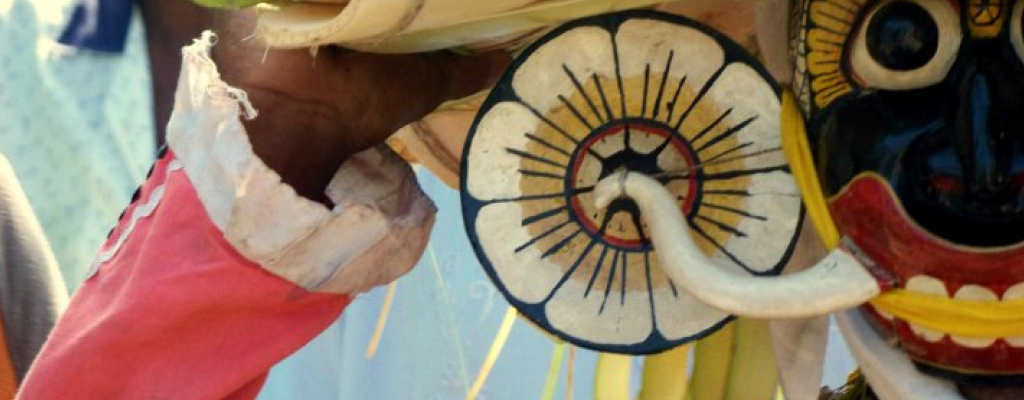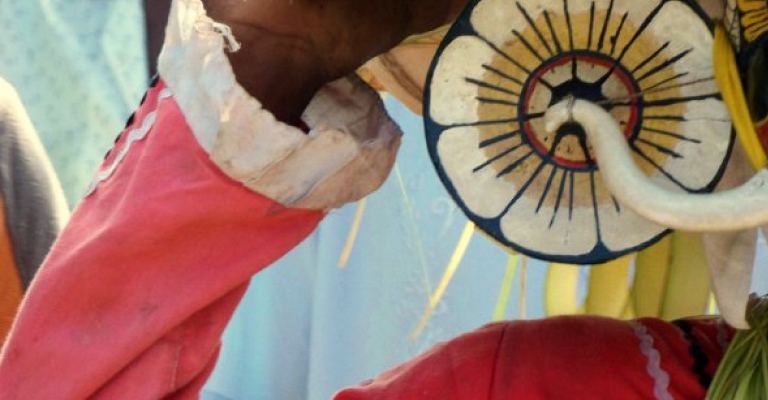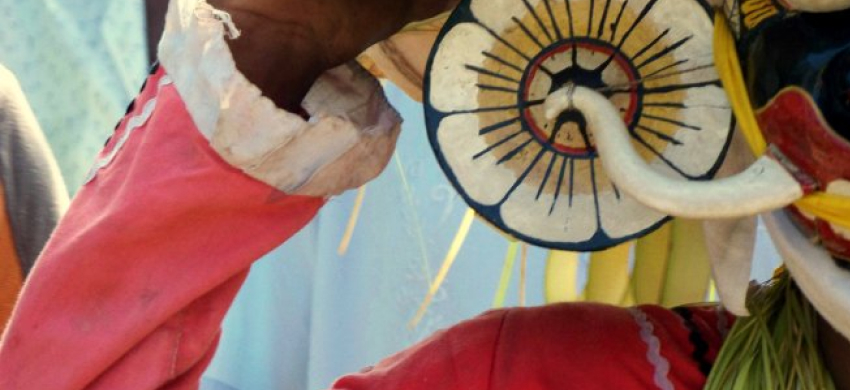Anthropology questions what it means to be human by exploring as wide a range of human experience as possible. Anthropologists begin from an appreciation of the diversity of human social and cultural life across time and space. They investigate the lived experience people have of their society, exploring differences of language and culture, gender and sexuality, social class, caste, race, ethnicity, religion and locality. As anthropologists frequently focus on life among people who are geographically and socially marginalised, themes of power and powerlessness, identity and otherness, belonging and migration are central to the Anthropology major.
Anthropology students develop their skills in written, oral, and visual expression in field-work, ethnography, survey design and interpretation. The field’s unique focus on the diversity of human experience is ideally suited to the development of global awareness at a culturally and historically deep level. Such awareness can lead to new kinds of civic engagement around the world and novel modes of moral and ethical reasoning. Anthropology students will learn to offer ethnographically and historically grounded descriptions of the human condition; to provide concrete examples of alternative ways of being human; and, upon that basis, to question what it means to be human in the world.
The anthropology major is particularly relevant to the increasingly diverse and transnational world of the twenty-first century. Anthropology majors work in governmental and non-governmental organisations, research and cultural consulting, advertising and business, museums, education, media and communications and many other areas. Roughly half of all anthropology undergraduates go on to advanced studies in anthropology or other fields such as law and medicine.
Anthropology majors can take part in a wide range of study abroad and internship opportunities in many parts of the world.
Anthropology is commonly introduced to students as a way of understanding cultural difference that involves “making the familiar strange, and the making the strange familiar.” To understand other ways of being, knowing, and doing, anthropologists work to challenge the assumptions of the social worlds we ordinarily inhabit, and become familiar with forms of social life that might otherwise appear as “irrational” or strange. – Neena Mahadev, Assistant Professor of Social Sciences (Anthropology)
Anthropology at Yale-NUS:
Anthropology at Yale-NUS enriches the minds and lives of our students through critical analysis and encounters in communities and with the lives of others in a globally connected world from the perspective of Asia. Our undergraduate programme is unique in combining world-class education and training in the classroom with experiential knowledge as the foundation of the major. We realise that the understanding of human affairs must be deeply grounded in the lives of people and in communities as well as the life of the mind. Our students engage their world with a critical and practical disposition towards the social, political, economic, and cultural forces that inform social life. Anthropology at Yale-NUS prepares our students by helping them generate new knowledge that is useful for local communities as well as for global networks that define their own lives in ever-increasing new ways. In all the spaces that Yale-NUS anthropology inhabits – be it in our research, in our classrooms, and in the communities of people where we learn and work -we respect the essential worth of all people who live differently from our own as the crucial foundation for becoming engaged global citizens and future leaders.
As they say, origins are not destiny, and anthropology too has gone well beyond its origins as a science of the colonial enterprise. Nowadays, our interlocutors are “exotics no more” – even as the value of the familiar-strange perspectivalism that is native to anthropological inquiry endures. Anthropologists not only study “others,” but work to better understand our own forms of sociality. Anthropology also enables the flourishing of what some thinkers (Fanon and Gramsci, respectively) have called “native intellectuals” and “organic intellectuals.” Moreover, anthropology today doesn’t treat “cultures” as if they are unchanging entities. The discipline gives us tools to create new knowledge about how people navigate political systems, and engage the economy or endure economic crisis. We query how nationalism enables ideas of community and generates social exclusion. We learn how scientists, doctors, lawyers, and other professionals work, think, and shape policies and institutions. In short, the perspectivalism of anthropology allows us to study cultural continuity and change in diverse domains of social life.
Our Core Values
- Quality teaching and learning
- Opportunities for individuals to realise their full potential
- The rigours, joys, and fulfilment of intellectual discovery
- Supportive and collegial relationships
- Respect for diversity and individual differences
- Service to society
Combining scientific rigour with humanistic imagination, anthropology embodies the best of what a liberal arts education has to offer. In the Anthropology major, you will learn valuable methods of analysis that will enable you to appreciate the full complexity of cultural phenomena. But you will also keep your eyes on the big picture, maintaining a truly expansive view of what it means to be human. – Zachary Howlett, Assistant Professor of Social Sciences (Anthropology)
Anthropology Careers
The Anthropology major is particularly relevant to the increasingly diverse and transnational world of the twenty-first century. Yale-NUS Anthropology majors work in governmental and non-governmental organisations, research and cultural consulting, advertising and business, museums, education, media and communications, and many other areas. The list below gives a sense of the wide range of careers our alumni have gone on to pursue after graduation:
- Blackpeak (Research)
- Community Foundation of Singapore (NGO)
- Enterprise Singapore (Government)
- Facebook (Technology)
- Synthesis (Marketing & Advertising)
- Red Hat Asia Pacific (Technology)
- NUS Centre for Biomedical Ethics (Research)
- National Library Board (Government)
- Mothership (Media)
Our graduates have also gone on to advanced studies in anthropology or other fields such as law and medicine.




